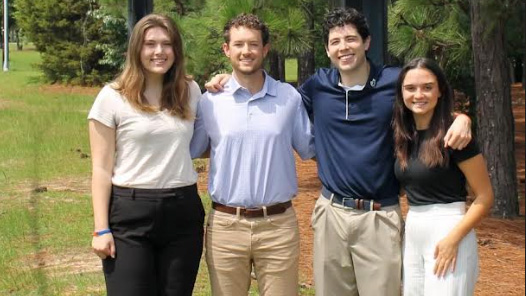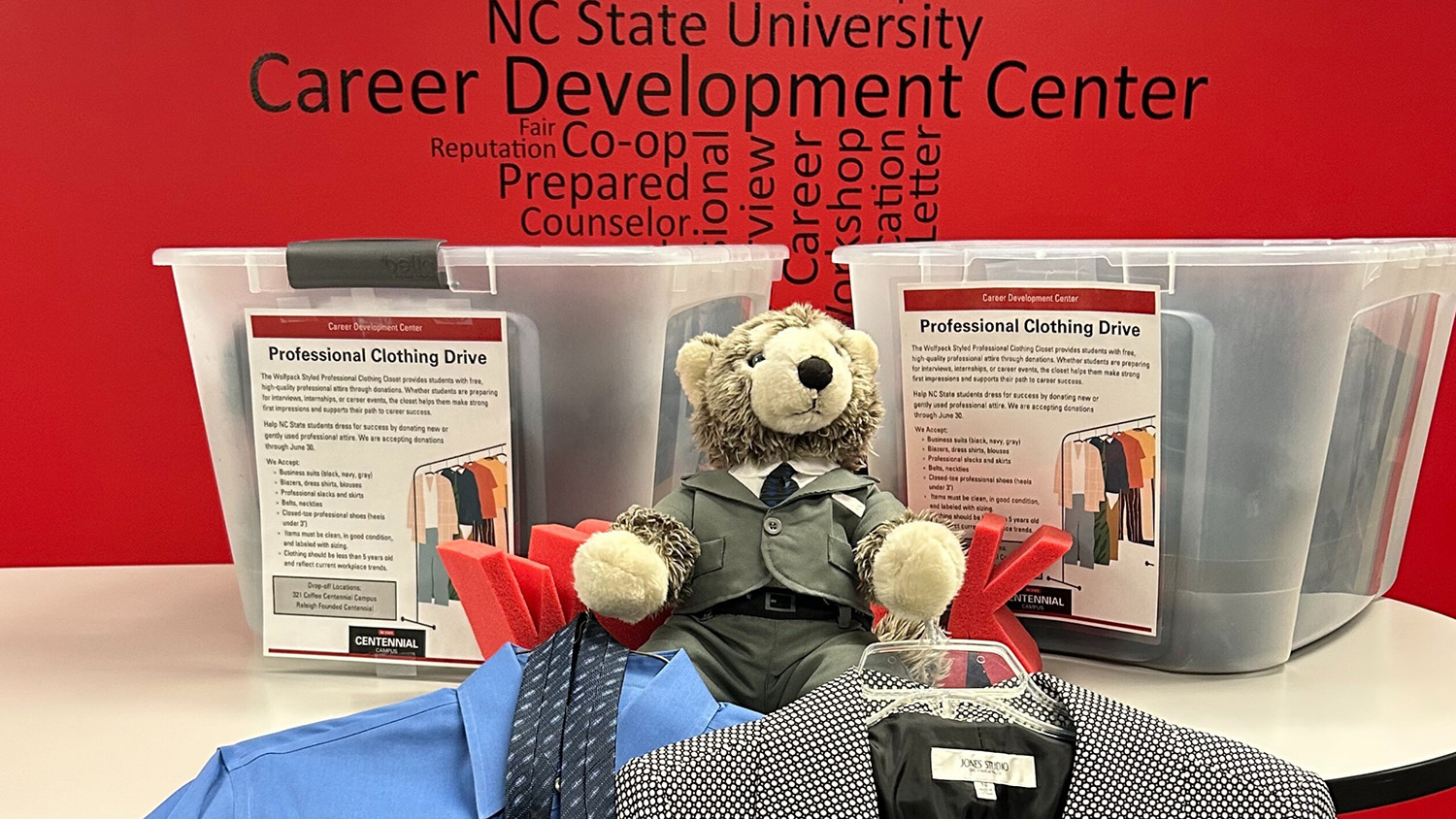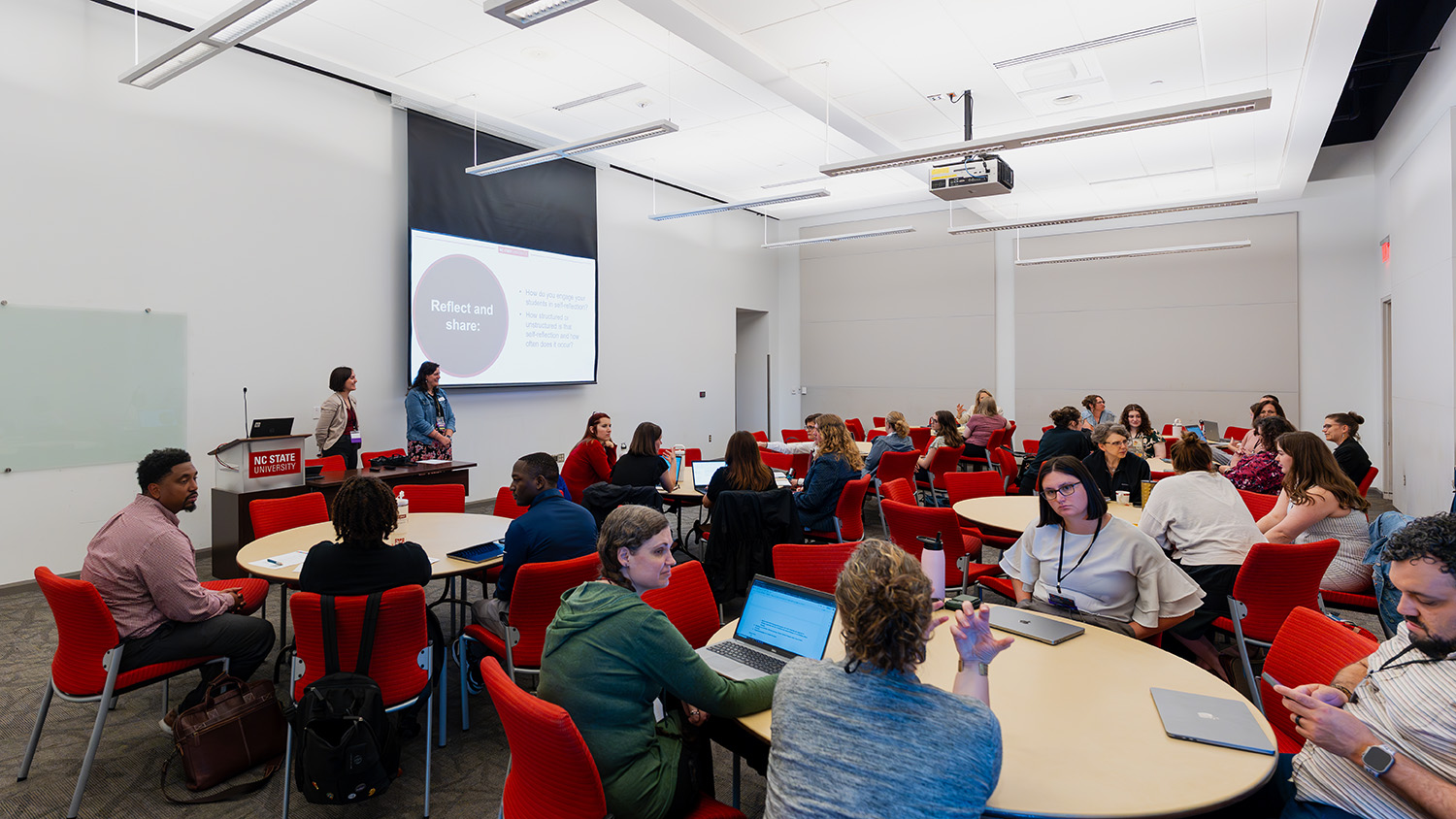NC State Third-Year Student Madeline Scott Honored for Work with Alternative Service Break Program
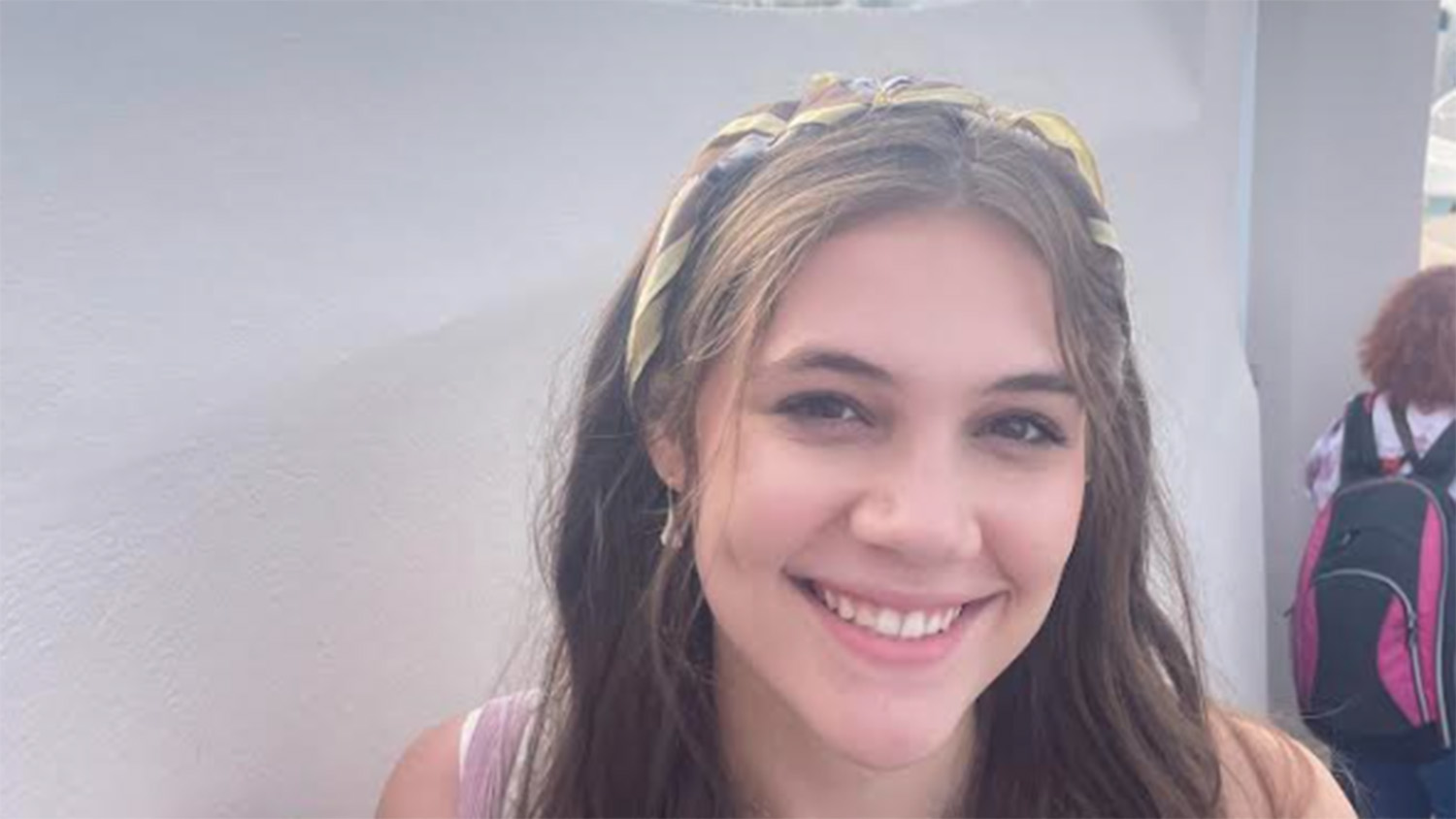
Throughout her two and a half years at NC State, the Alternative Service Break (ASB) program has been a foundational part of Madeline Scott’s college experience. From her freshman year to now, Scott has gone from a participant in the program to a team lead and teaching assistant.
Over the weekend of Nov. 4, Scott was recognized for her work with the program as NC State hosted the biennial CSNAP Student Conference. At this conference, with a theme of “Rising Together: Students Depolarizing North Carolina,” Scott received the Community Impact Student Award by NC Campus Engagement for her outstanding commitment and contribution to civic and community engagement.

“It was really validating,” Scott said. “I work really hard and make it a goal of mine to give back to the community, so being able to stand up alongside all of these amazing servant leaders from across North Carolina was incredible. It made me feel like the work I’m doing is worth it. It was incredible to learn from my peers who were also winning the award, and I also appreciated the opportunity to represent NC State.”
The Alternative Service Break program defines itself as a unique learning experience in which students engage in direct service to a community while being immersed in the culture.
Scott said she feels the mission of the program is to broaden the horizons of NC State students.
“The ASB program definitely aims to allow students to go across the world, across the state, across the country to serve other communities and then bring those lessons back home,” she explained. “It allows us to shift our lenses in how we view service and how we view our own community, and apply those lessons back here in Raleigh.”
The program is still working its way back from the impact of the COVID-19 pandemic, before which a maximum of 23 trips would go out every spring break. The ASB program is now back up to seven or eight trips a year, and will include winter and May trips.
Scott, a third-year student studying genetics, first came to the Alternative Service Break program as a first-year student, when she jumped at the chance to go on a trip to Alaska. She worked in the school system there, and learned about Indigenous Tribes and the issues facing them.
Scott explained that it was the travel opportunity that first drew her to the program, but that opportunity to learn lessons from different cultures is what led her to get involved on a deeper level.
“I think what got me hooked was just that learning experience of getting to see other cultures but also make an impact and meet other people and learn how to be a better servant leader,” Scott said. “That made me stay.”
As a sophomore last year, Scott became a team lead, leading a trip to the Dominican Republic for a water harvesting project.
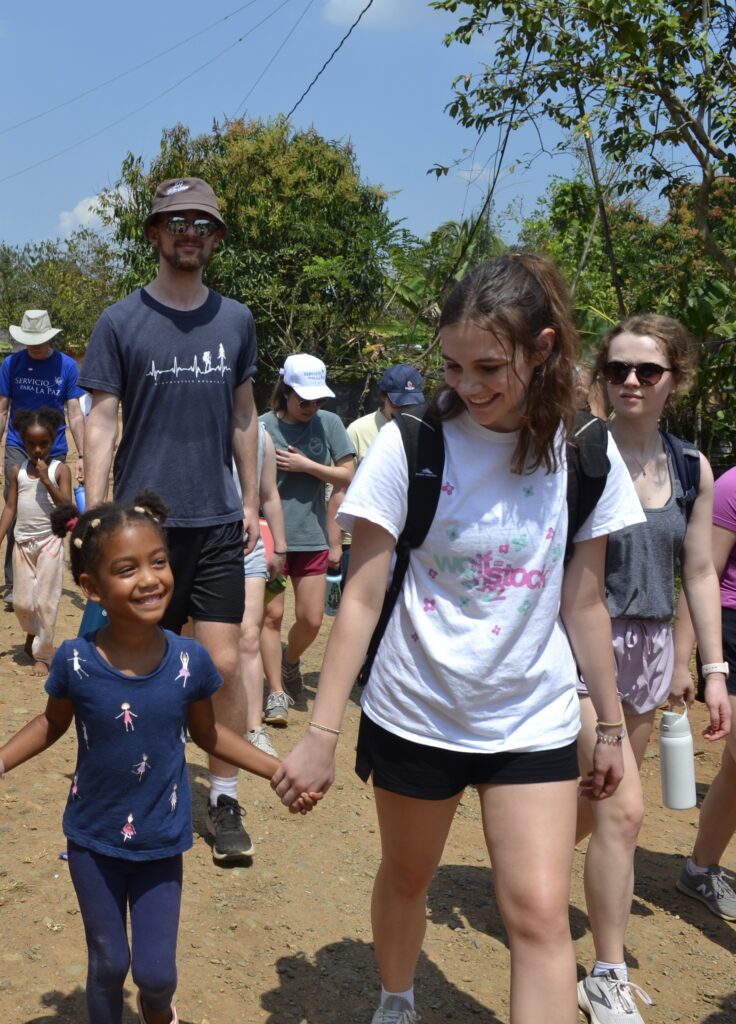
This year, she’s still a team lead and will take a trip back to Alaska, but she’s also now a teaching assistant/course support specialist for the leadership course all of the team leads take. Scott helps Carly May, the ASB program’s director, design the course, meets with participants and is a peer mentor for all of the team leads.
“I have loved every minute of my time in the ASB program, from being a participant to being a team lead,” Scott said. “I’ve gotten to learn so much about service, leadership and what it means to lead. I’ve gotten to meet so many great people whether that be participants, other peer leaders or people in the communities we go to. It’s been incredible.”
I have loved every minute of my time in the ASB program.
Scott plans to attend medical school after completing her undergraduate degree at NC State, and, currently, in addition to her work with the ASB program, works at an open door clinic through Urban Ministries.
Scott hopes to apply the lessons she’s learned through her ASB program experiences in a medical career, and, in fact, that’s something she already feels she’s doing.
“I’ve learned a lot of lessons in ASB about time management, leading groups, placing the needs of communities above your own,” she said. “I’ve learned about perspective and how we look at things, and systemic issues that I think I can apply a lot in the medical field. I see often that I’m able to apply the lessons I learned through ASB just through my work and serving my own community here.”
- Categories:
